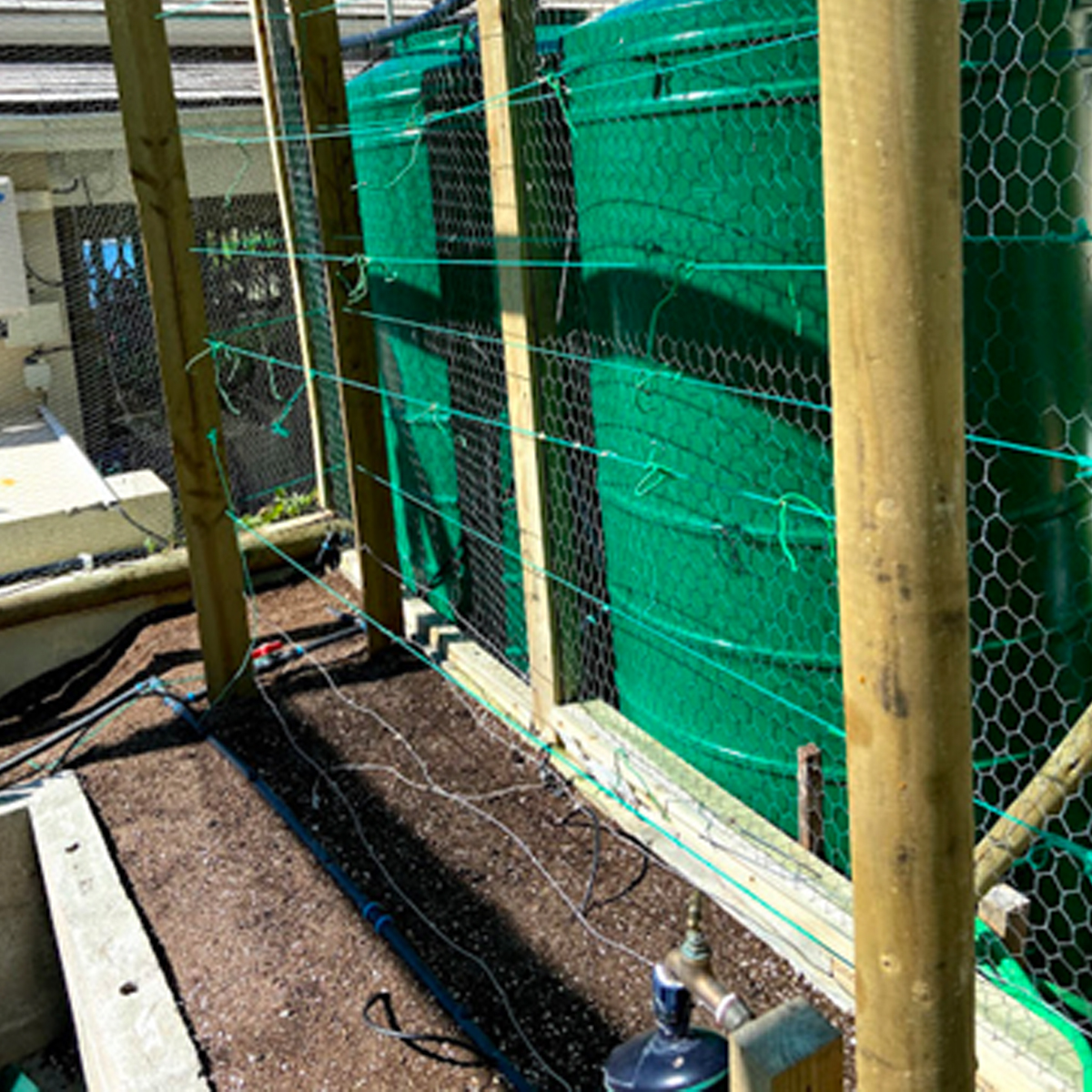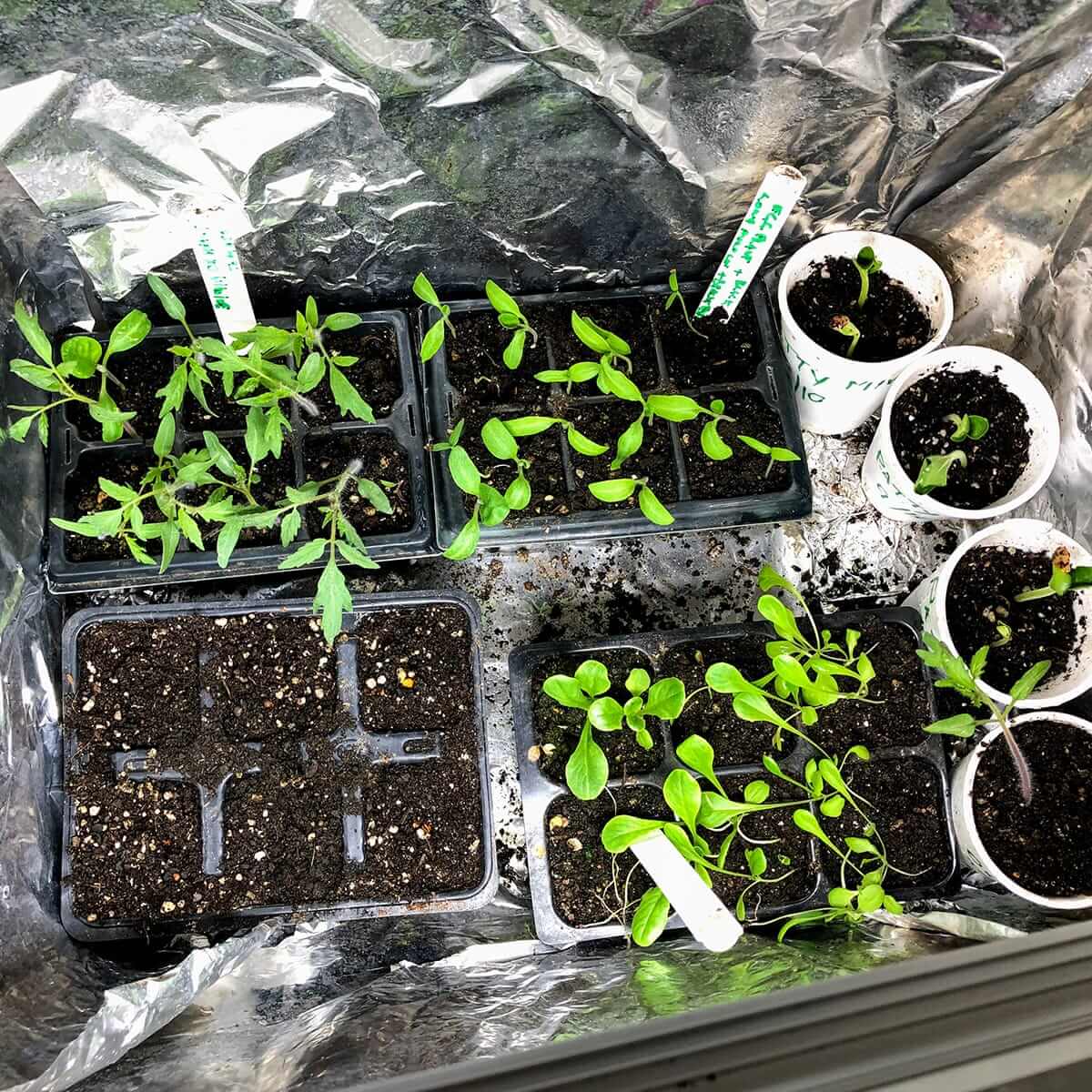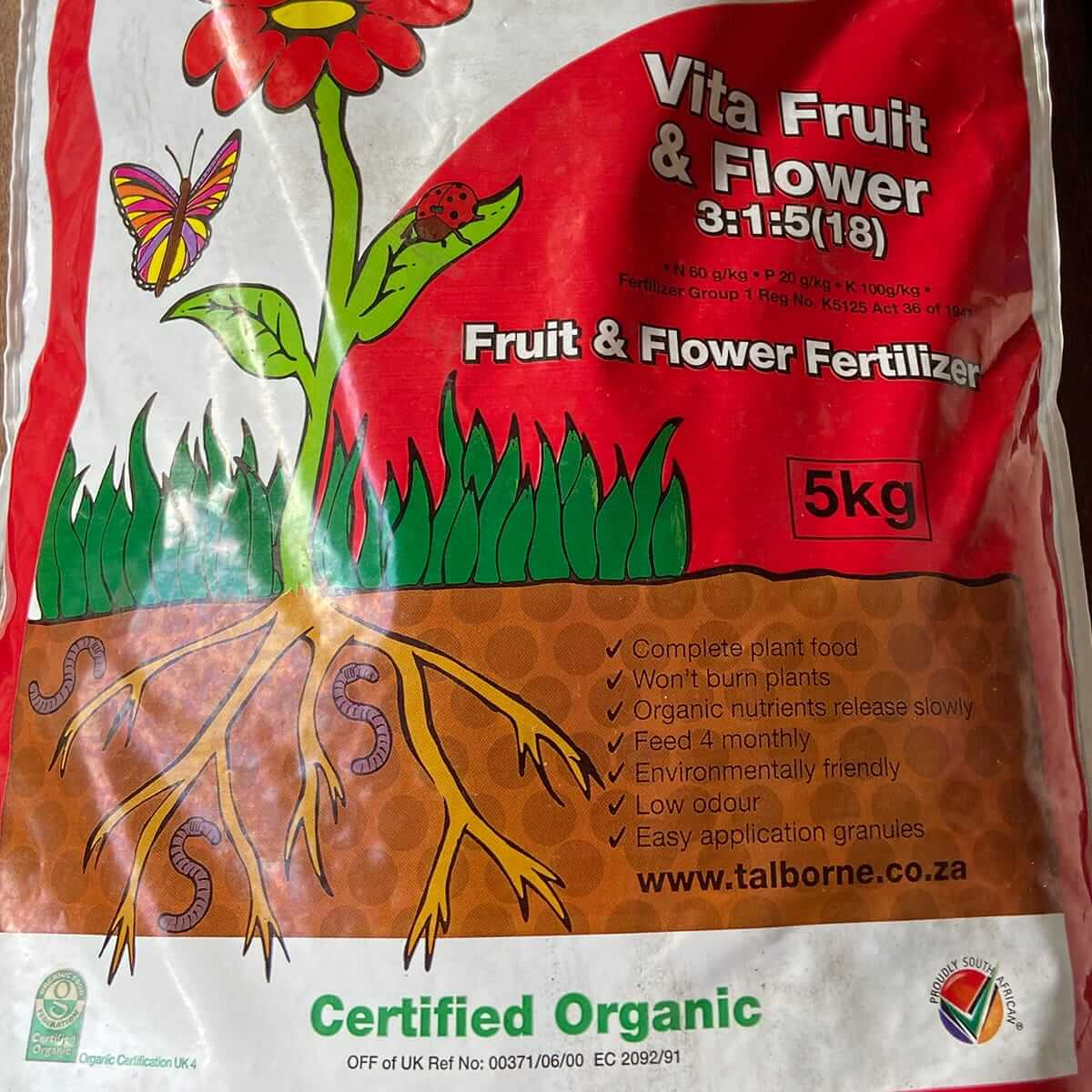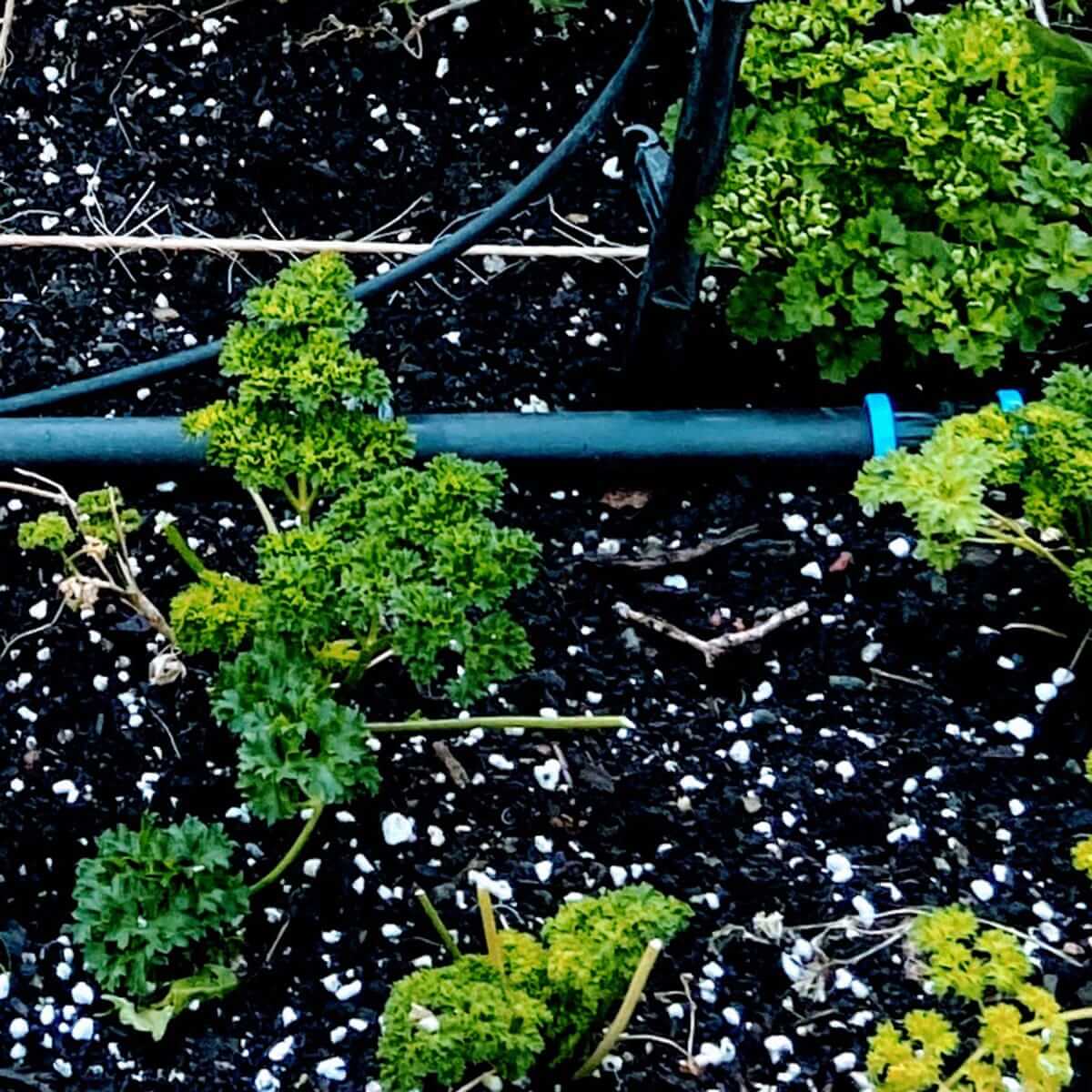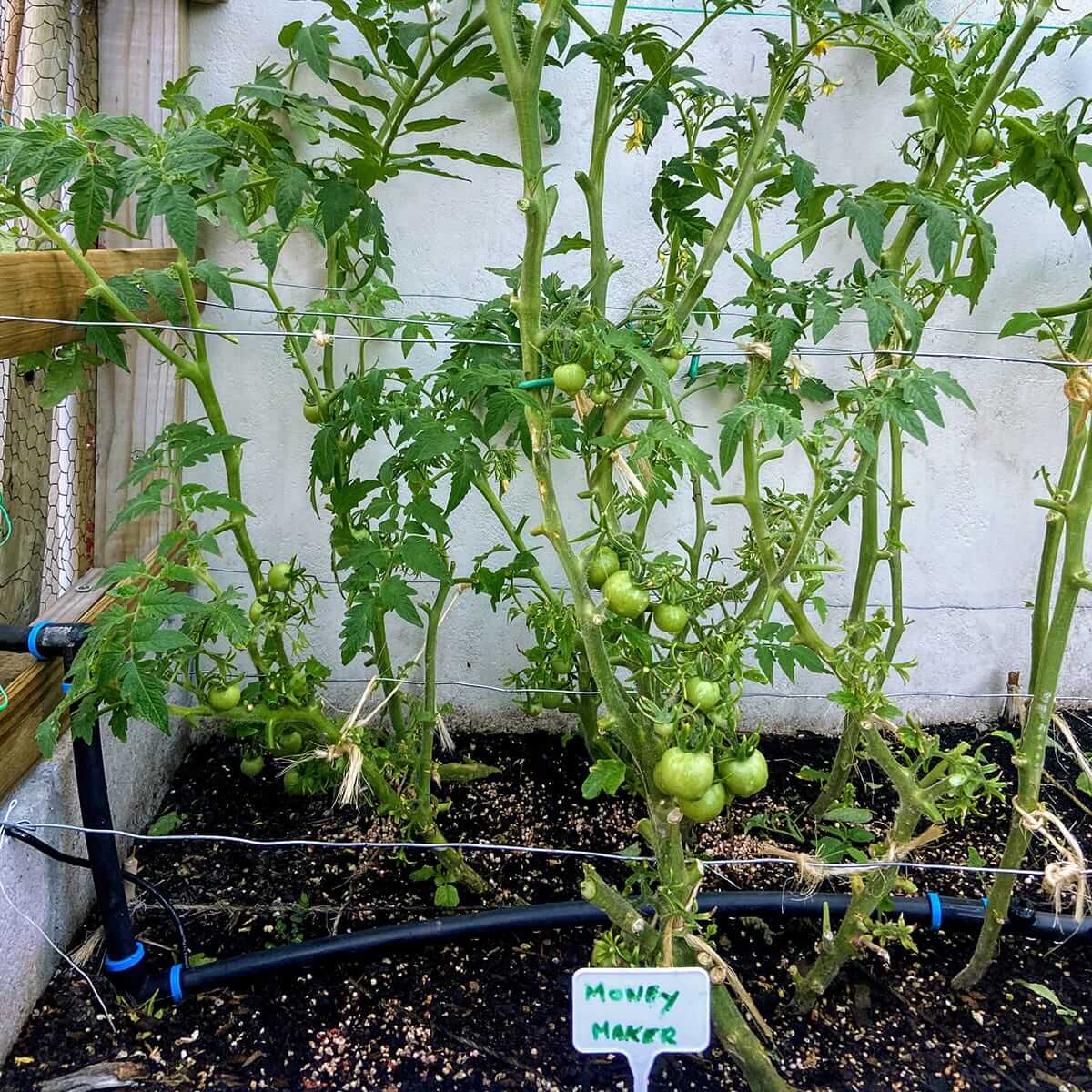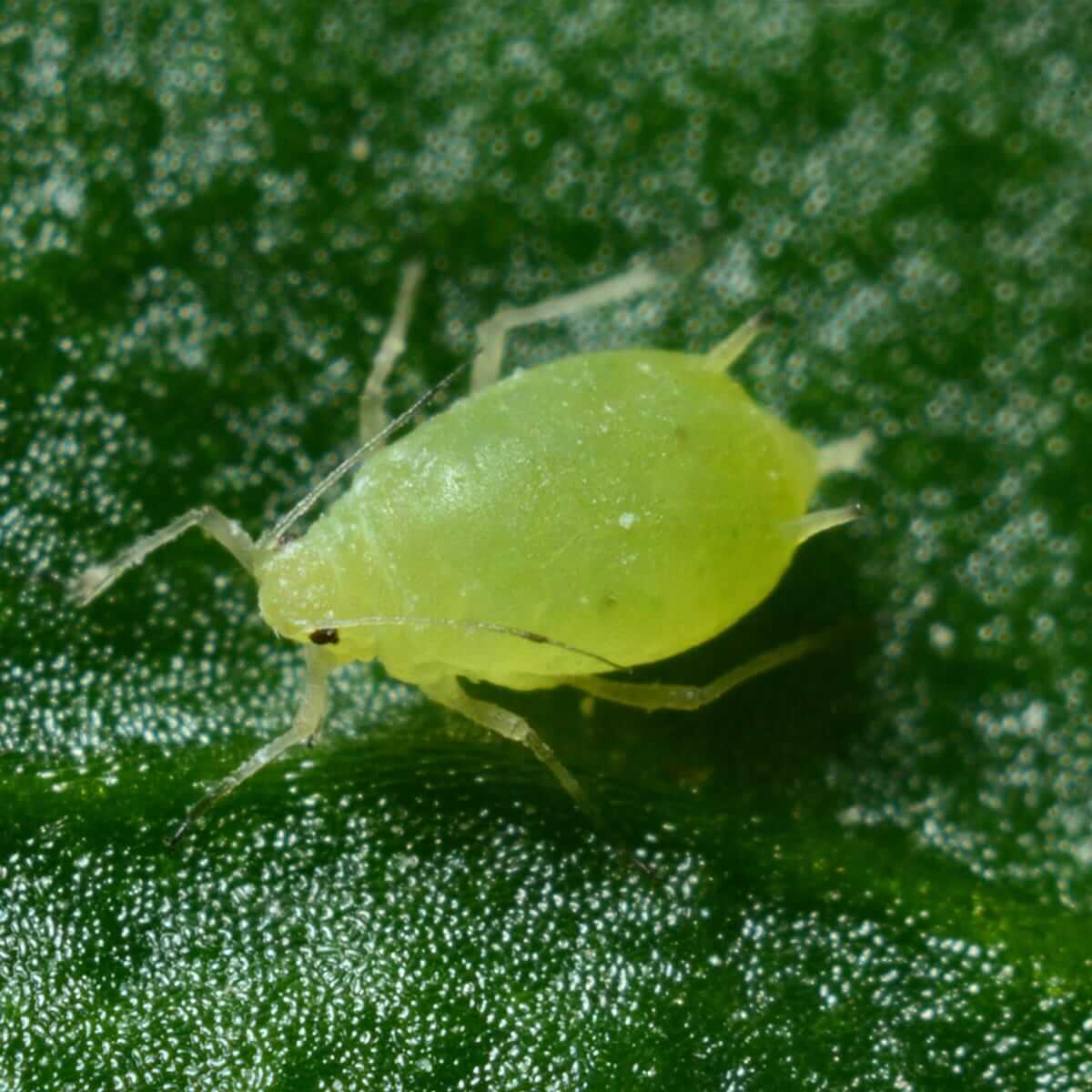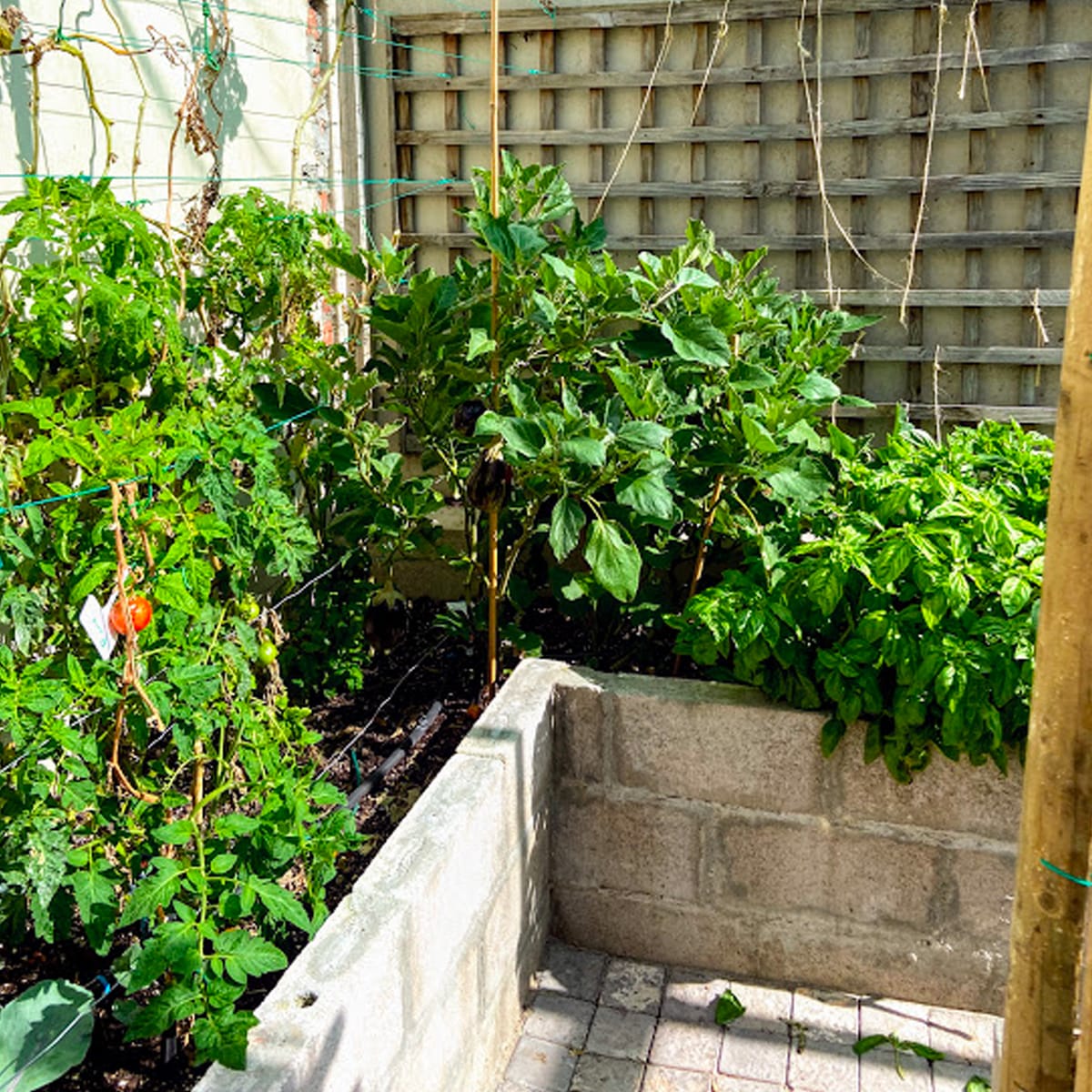Requirements
Nearly all life on Earth is fueled by light from the Sun's energy which travels across the universe in waves containing packages of energy called photons.
The foundation of a garden is the soil which is the medium that provides the nutrients, essential minerals and water, that, along with the carbon dioxide in the air and sunlight energy, is critical for plant growth.
Soil can also dry out rapidly and harm delicate seedlings; for this reason, it is best to use a soil-less recipe that is light and fluffy with a fine even texture and should hold water without becoming soggy.
There are 13 essential soil nutrients that all vegetable plants require to thrive, including the nutrients nitrogen, phosphorus, and potassium, plus the ten micronutrients needed in smaller amounts. All 13 essential nutrients are available in the backyard or commercial compost.
The availability of water in the soil is one of the essential requirements for successful vegetable production.
Pruning is a horticultural practice where a gardener selectively removes parts of a plant –usually the branches, buds, or roots. It’s done to improve air circulation, train a plant to grow a certain way, improve the yield and quality of flowers and fruit, or remove dead or damaged sections.
The most important aspect of pest and disease management is prevention. However, preventing damage from ever occurring is rare since it is a fortunate gardener whose vegetables are not damaged by these villains at some time.
Winter is often considered downtime as far as gardening goes in many parts of the globe. However, in Cape Town, the average winter temperatures are high at 20C (68F), with a lows average of 12C (54F).

